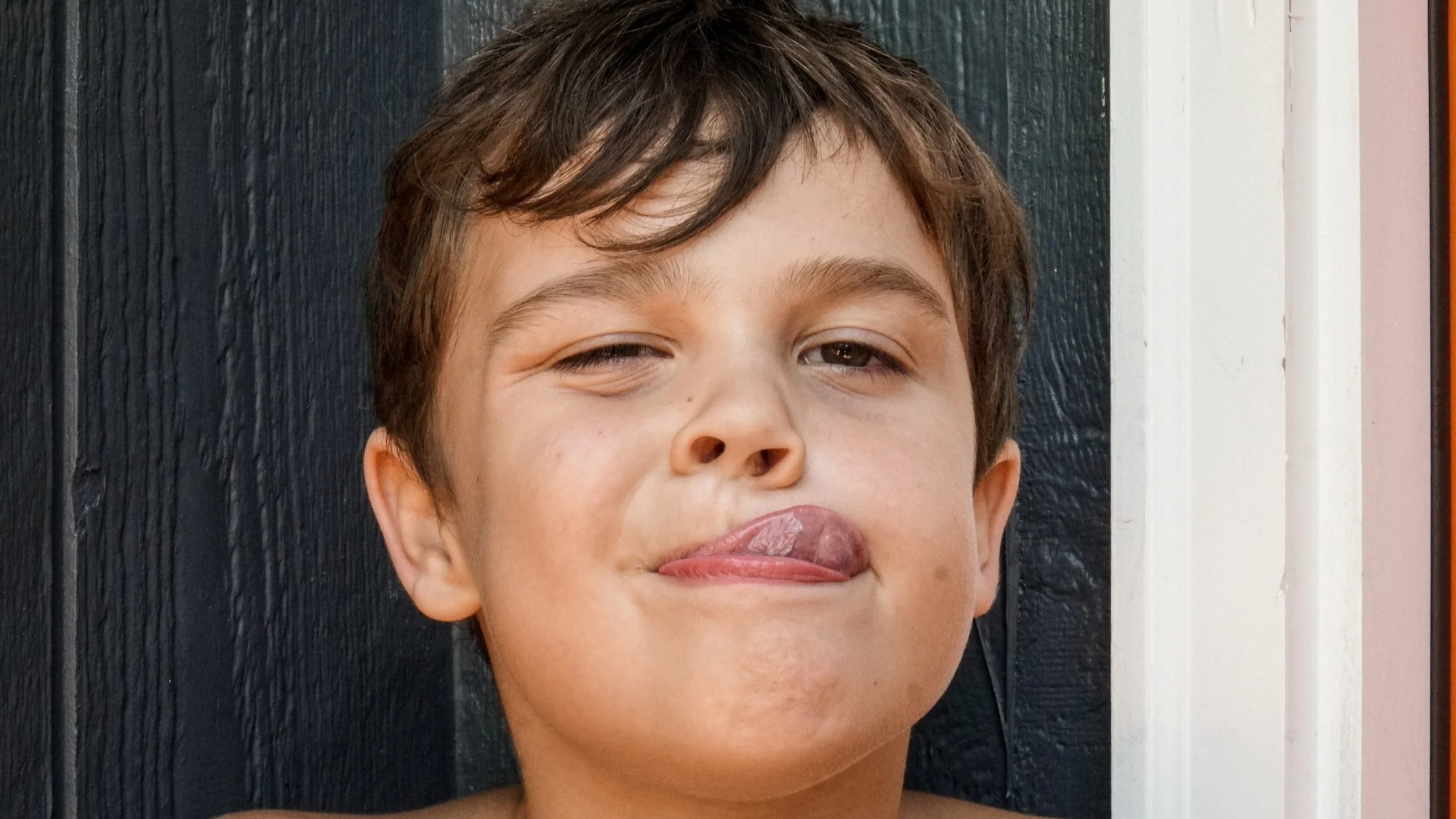Philosophy With Kids: A Celebration of Weird
“Keep it weird.”
Austin,Texas and Portland, Oregon (and probably other cities) stake their cultural and touristic reputations on it. Authors, filmmakers, YouTubers, bloggers, and podcasters build their audiences with weirdness. Etsy crafters sew it, paint it, and even bake it into their wares. It’s not just a slogan, it’s a state of mind, a celebration of rule-breakers, dreamers, and visionaries. Weird changes things. It makes new things happen.
It’s also a pretty good description of how little thinkers function. When we’re young, and still figuring out who we are and how to exist in the world, everything is strange and unusual. This drive to engage with the unknown is what keeps our attention and encourages us to explore, learn, and play. Grown ups may seek out weird as something novel and interesting, as a luxury or a diversion, but for a child, weird is an everyday companion. Weird is good when we’re little.
Perhaps that’s why children seem to take to philosophy with such ease. Philosophy is built for the type of questions that would otherwise be considered weird. In philosophy, the value of a big question isn’t hampered by its weirdness. In most cases, it’s bolstered by it. Philosophers are supposed to ask things that don’t often get asked. We’re supposed to dig deeper, turn over rocks, go through the junk drawer in search of forgotten ideas that might work if they were updated. It’s our job to consider possibilities from unconventional sources, and to examine them with an open mind. Weird for weird’s sake may not be the end goal in philosophy, but a certain amount of weirdness is an integral part of the process. Sounds a lot like childhood, doesn’t it?
As we grow as thinkers, the weirdness that used to feel natural, even inspiring and motivational, can start to feel awkward. What if people think we’re strange for wondering about this or that? What if the fact that we ask big questions makes us stand out? What if we look odd for not knowing an answer, or even worse, for having an idea that’s out of the ordinary, or that challenges the norm?
One of the best parts of doing philosophy for children is that we as adult thinkers give ourselves permission to reclaim a little bit of the love of weirdness that used to feed our minds as kids. With inquiring young minds around us, we get to reclaim our fearlessness in the face of big questions, our willingness to think creatively, and our willingness to think outside the box. Most importantly, we serve as role models for our children in that we demonstrate that when it comes to thinking, there is such a thing as good weird, and that it can help us navigate the adult world as well.
Keep it weird, thinkers, and enjoy.



